Martial Peak Reviews
Elyse Thomson's The Oracle of Dusk is a captivating entry into the realm of epic fantasy romance, offering a rich tapestry of time travel, fated love, and the eternal battle between destiny and free will. As the first installment in the Cycle of Calamity series, this novel sets the stage for a saga that promises to enthrall readers with its intricate plot and complex characters.
The narrative centers on Aurora, a historian thrust into the role of an unlikely hero. Her journey begins with the discovery of an artefact that catapults her back in time, presenting her with a singular opportunity to alter the course of history by defeating a primordial monster. This premise immediately hooks the reader, as it combines the allure of historical exploration with the urgency of a world on the brink of destruction. Aurora's character is meticulously crafted, embodying the tension between her scholarly inclinations and the weight of her newfound responsibilities. Her transformation from a passive observer of history to an active participant in its making is both compelling and relatable.
King Theron, the male protagonist, is equally intriguing. Described as a "bad man but an excellent king," Theron is a study in contradictions. His reputation as a schemer with a tragic fate adds layers to his character, making him more than just a romantic interest. His interactions with Aurora are charged with tension and chemistry, providing a dynamic that is as much about power and strategy as it is about romance. The evolution of their relationship is a central theme of the novel, exploring the complexities of love when intertwined with ambition and destiny.
The world-building in The Oracle of Dusk is another standout feature. Thomson draws inspiration from The Legend of Zelda, infusing the narrative with a sense of adventure and mysticism reminiscent of the beloved video game series. The setting is richly detailed, with a blend of ancient and fantastical elements that create a vivid backdrop for the unfolding drama. The concept of time travel is handled with finesse, avoiding common pitfalls by maintaining a coherent and engaging storyline that keeps the reader invested in the outcome.
One of the novel's most compelling aspects is its exploration of fate and free will. Aurora's visions of predestined tragedies serve as a constant reminder of the stakes involved, challenging her—and the reader—to consider the extent to which the future can be shaped by individual actions. This theme resonates throughout the narrative, adding depth to the characters' struggles and decisions. The tension between accepting one's fate and fighting against it is a universal dilemma, and Thomson handles it with nuance and insight.
In terms of character development, both Aurora and Theron undergo significant growth over the course of the novel. Aurora's journey from a historian to a hero is marked by moments of doubt and determination, making her a relatable and inspiring protagonist. Theron's transformation is equally compelling, as he grapples with his own ambitions and the realization that his fate may not be as immutable as he once believed. Their relationship is a testament to the power of love to transcend time and circumstance, offering hope even in the face of seemingly insurmountable odds.
The novel's pacing is well-balanced, with a blend of action, romance, and introspection that keeps the reader engaged from start to finish. Thomson's prose is both lyrical and precise, capturing the emotional intensity of the characters' experiences while maintaining a clear and compelling narrative flow. The dialogue is sharp and authentic, reflecting the characters' personalities and the stakes of their interactions.
Comparatively, The Oracle of Dusk shares thematic elements with other epic fantasy romances, such as Diana Gabaldon's Outlander series, which also explores time travel and fated love. However, Thomson's novel distinguishes itself with its unique blend of historical and fantastical elements, as well as its focus on the interplay between destiny and agency. Fans of Sarah J. Maas's A Court of Thorns and Roses series may also find much to enjoy in Thomson's work, particularly in the way it weaves romance into a broader narrative of political intrigue and existential threat.
Overall, The Oracle of Dusk is a promising start to the Cycle of Calamity series, offering a rich and immersive reading experience that will appeal to fans of epic fantasy and romance alike. Elyse Thomson has crafted a world that is both familiar and fantastical, populated by characters who are as complex as they are compelling. As Aurora and Theron navigate the challenges of their intertwined destinies, readers are left eagerly anticipating the next installment in this captivating saga.
In conclusion, The Oracle of Dusk is a testament to the enduring power of love and the human spirit's capacity to shape its own destiny. With its intricate plot, well-developed characters, and thought-provoking themes, it is a must-read for anyone seeking an epic tale of adventure, romance, and the eternal struggle between fate and free will.
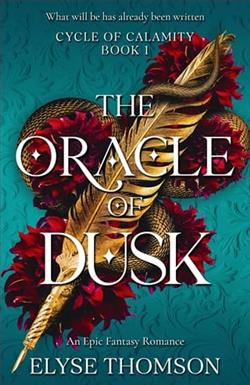



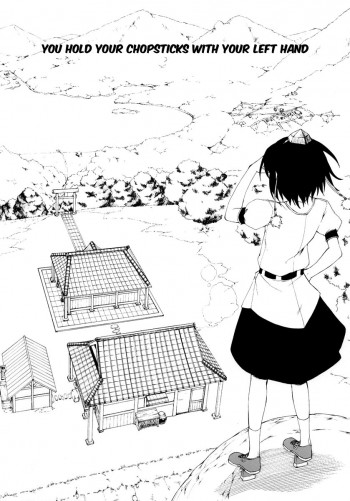
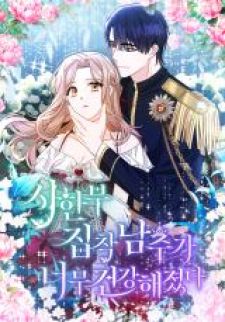


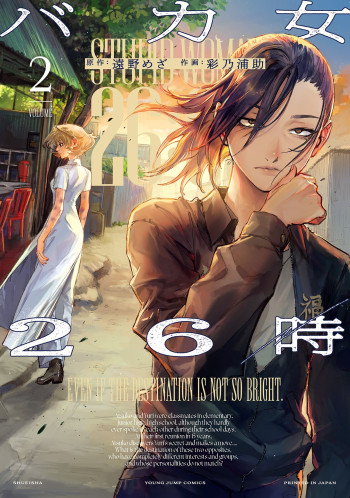
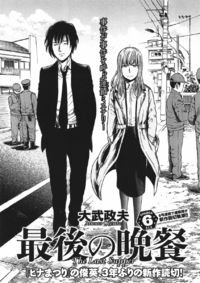

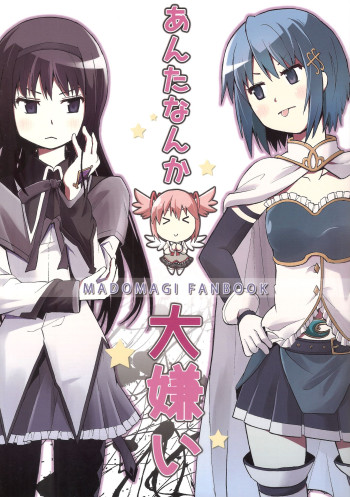












Reviews 0
Post a Reviews: